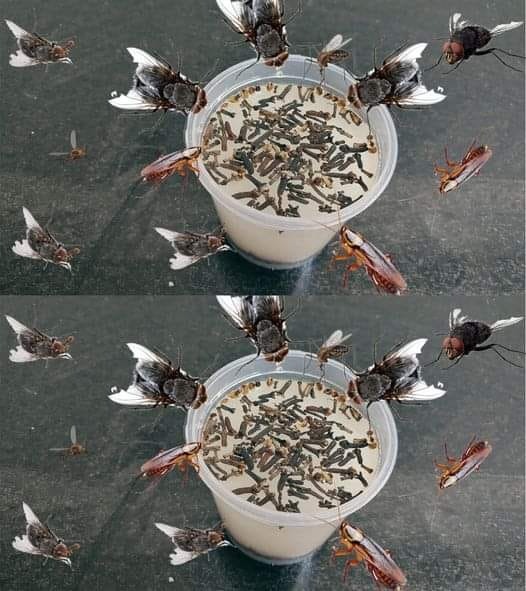From Healthy Bees to Breakthrough Research
Dr. Duffy began her research using venom from honeybees in Perth, Western Australia, noting their particularly robust health. She then compared the effects of venom from bees in Ireland and England, as well as venom from bumblebees.
“The venom from European honeybees—whether in Australia, Ireland, or the UK—consistently destroyed breast cancer cells, while leaving healthy cells mostly unharmed,” she reported. “In contrast, even high doses of bumblebee venom had no impact on the cancer cells.”
A Longstanding Curiosity Revisited
Interest in the medicinal use of bee venom dates back to the 1950s, when Nature first reported its potential to slow tumor growth in plants. However, it’s only in recent decades that researchers have begun thoroughly investigating its effects on human cancers.
Looking Ahead
Future studies will focus on how best to deliver melittin as a treatment, as well as determining safe dosage levels and potential side effects. Though early-stage, this research shines a light on how something as small as a bee could one day help in the fight against one of the world’s deadliest diseases.






